To live in a difficult time.
Albert Einstein wrote a reflective essay in 1931 in which he explained his life philosophy.
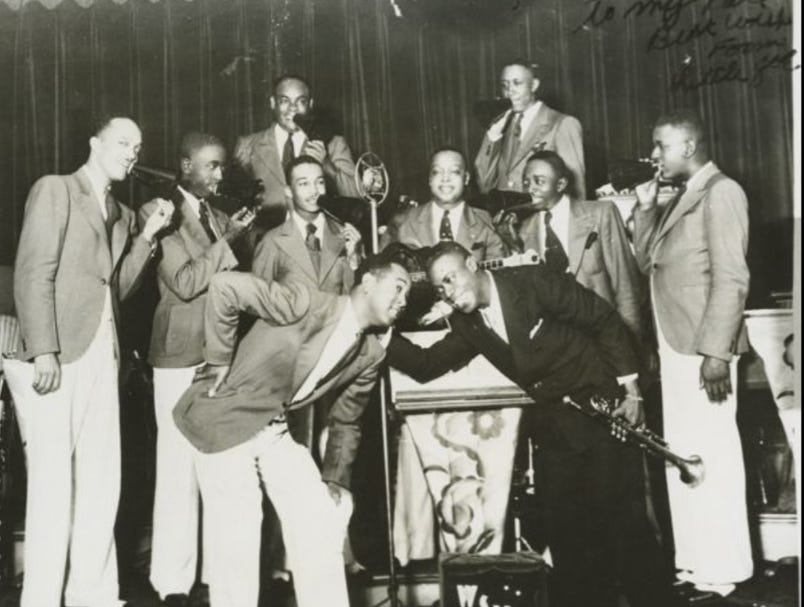
“How strange is the lot of us mortals!
“Each of us is here for a brief sojourn; for what purpose he knows not, though he sometimes thinks he senses it.
“But without deeper reflection one knows from daily life that one exists for other people—first of all for those upon whose smiles and well-being our own happiness is wholly dependent,
“and then for the many, unknown to us, to whose destinies we are bound by the ties of sympathy.
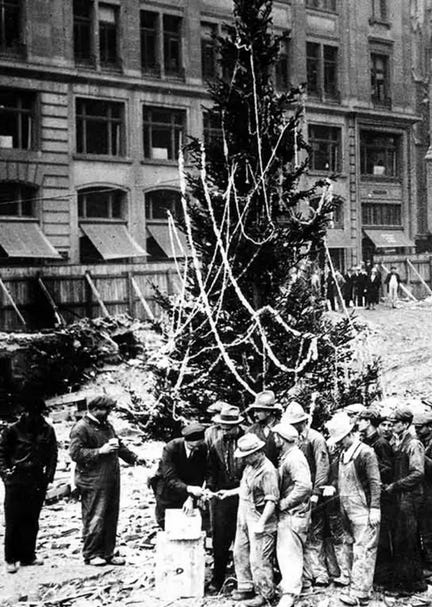
“A hundred times every day I remind myself that my inner and outer life are based on the labors of other men, living and dead,
“and that I must exert myself in order to give in the same measure as I have received and am still receiving.
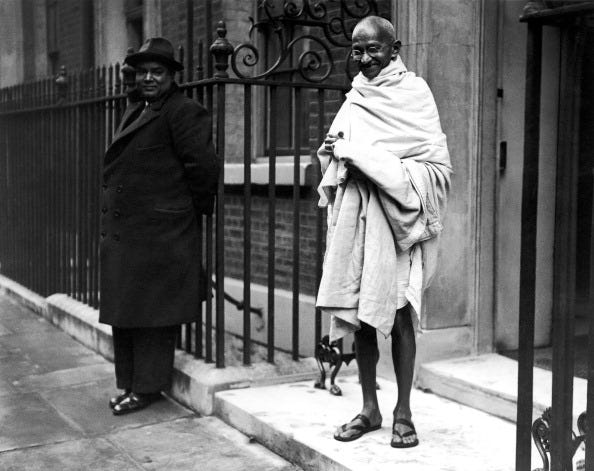

“I am strongly drawn to a frugal life and am often oppressively aware that I am engrossing an undue amount of the labor of my fellow-men.
“I also believe that a simple and unassuming life is good for everybody, physically and mentally.
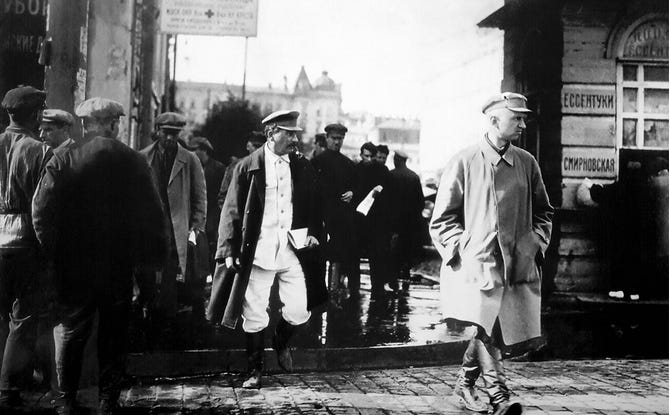
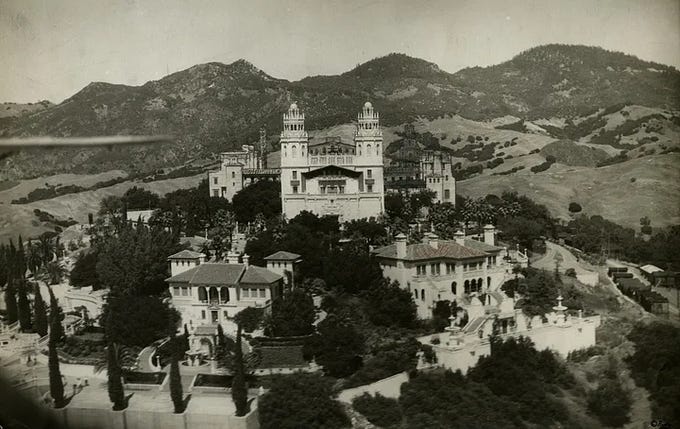
“To inquire after the meaning or object of one’s own existence or that of all creatures has always seemed to me absurd from an objective point of view.
“And yet everybody has certain ideals which determine the direction of his endeavors and his judgments.
“In this sense I have never looked upon ease and happiness as ends in themselves—this ethical basis I call the ideal of a pigsty.
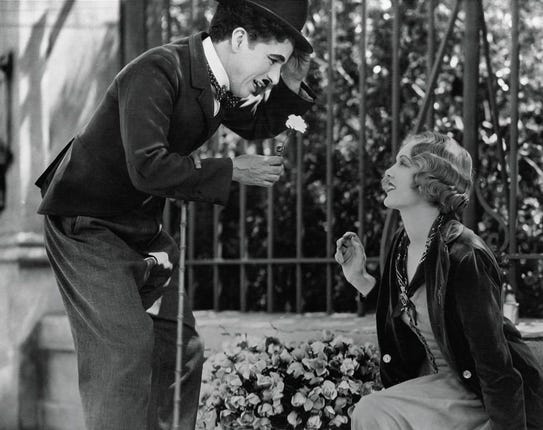
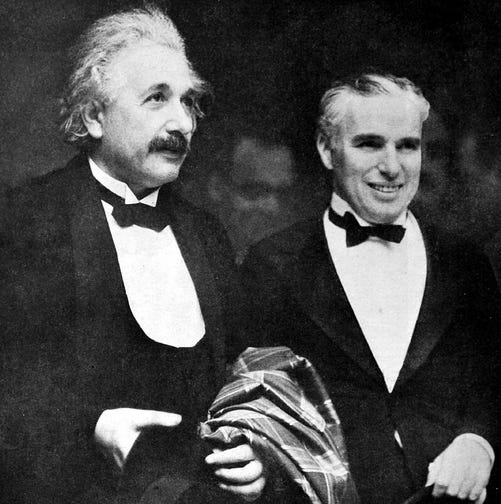
“The ideals which have lighted my way, and time after time have given me new courage to face life cheerfully, have been Kindness, Beauty, and Truth.
“The trite objects of human efforts—possessions, outward success, luxury—have always seemed to me contemptible.
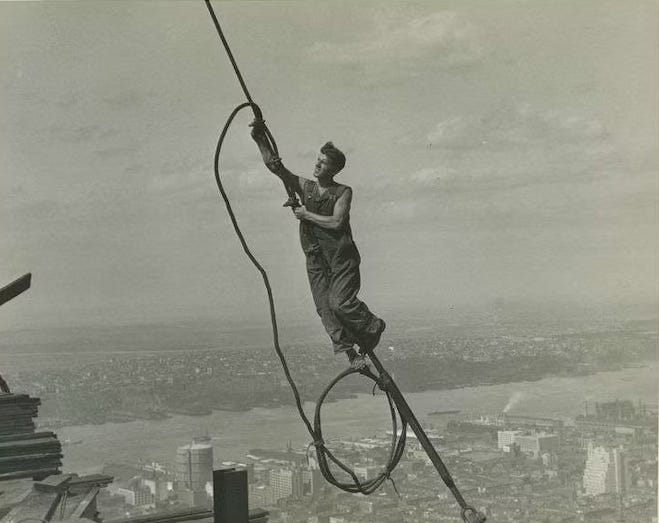
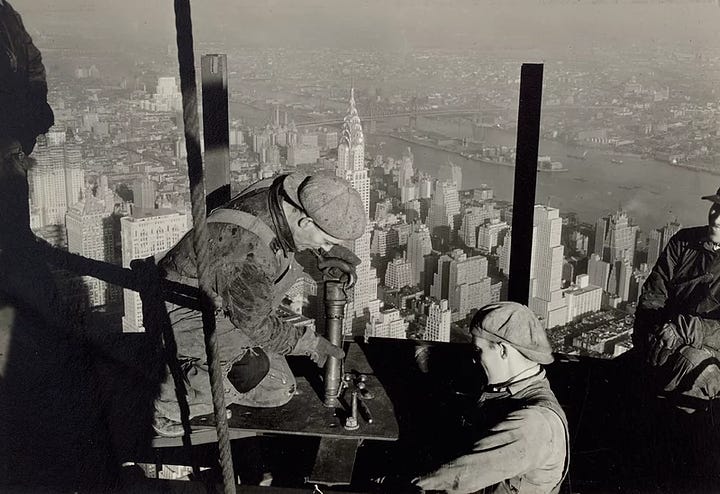
“My political ideal is democracy.
“Let every man be respected as an individual and no man idolized.
“I am quite aware that it is necessary for the achievement of the objective of an organization that one man should do the thinking and directing and generally bear the responsibility.
“But the led must not be coerced, they must be able to choose their leader.
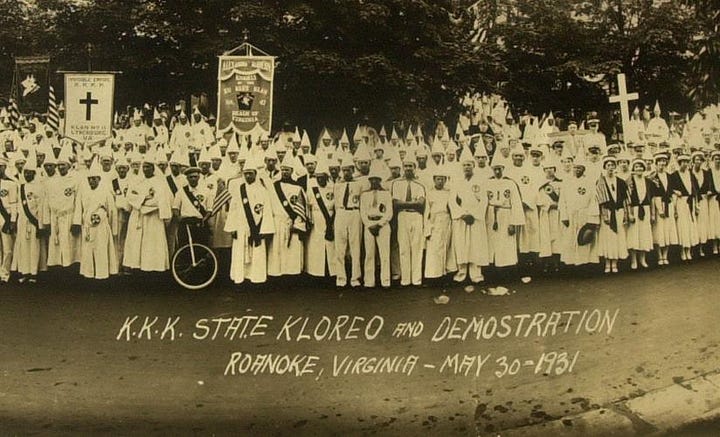
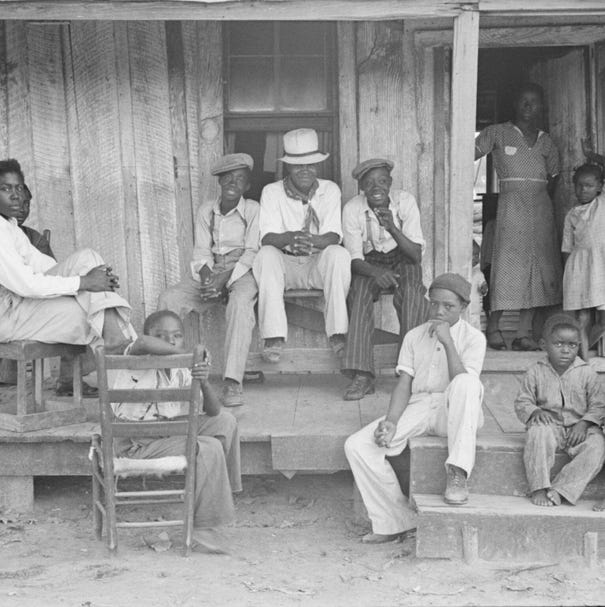
“An autocratic system of coercion, in my opinion, soon degenerates.
“For force always attracts men of low morality,
“and I believe it to be an invariable rule that tyrants of genius are succeeded by scoundrels.
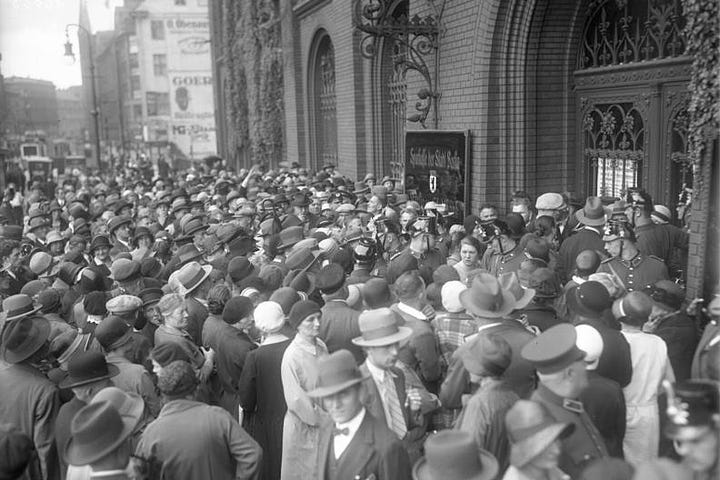
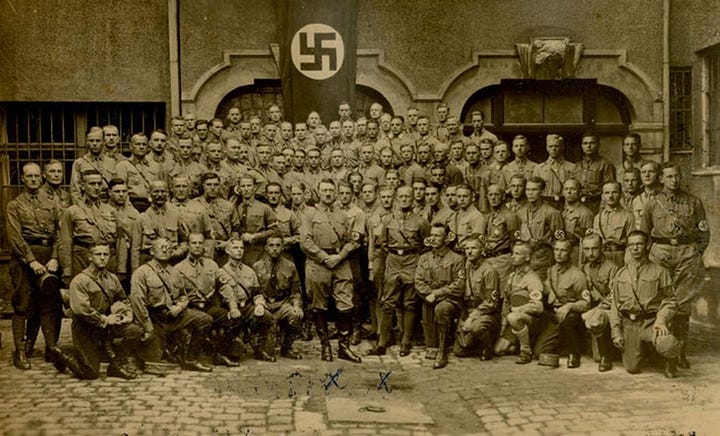
“This topic brings me to that worst outcrop of herd life, the military system, which I abhor.
“This plague-spot of civilization ought to be abolished with all possible speed.
“Heroism on command, senseless violence, and all the loathsome nonsense that goes by the name of patriotism—how passionately I hate them!
My opinion of the human race is high enough that I believe this bogey would have disappeared long ago,
“had the sound sense of the peoples not been systematically corrupted by commercial and political interests.

“The most beautiful experience we can have is the mysterious.
“It is the fundamental emotion which stands at the cradle of true art and true science.
“It was the experience of mystery—even if mixed with fear—that engendered religion.
“A knowledge of the existence of something we cannot penetrate, our perceptions of the profoundest reason and the most radiant beauty, which only in their most primitive forms are accessible to our minds—
“it is this knowledge and this emotion that constitute true religiosity;
“in this sense, and in this alone, I am a deeply religious man.


“I cannot conceive of a God who rewards and punishes his creatures, or has a will of the kind that we experience in ourselves.
“Neither can I nor would I want to conceive of an individual that survives his physical death;
“let feeble souls, from fear or absurd egoism, cherish such thoughts.
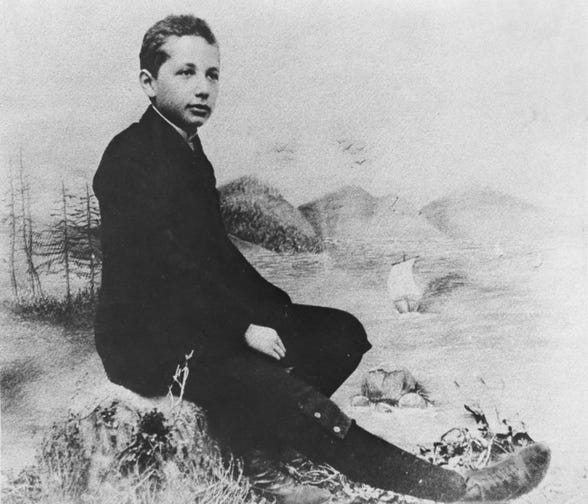
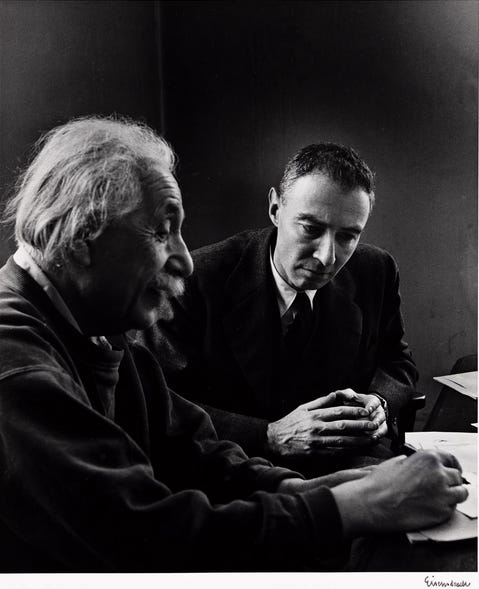
“I am satisfied with the mystery of the eternity of life
“and with the awareness and a glimpse of the marvelous structure of the existing world,
“together with the devoted striving to comprehend a portion, be it ever so tiny, of the Reason that manifests itself in nature.”
******************************
I’ll see you tomorrow.
— Brenda
Albert Einstein, “The World As I See It,” 1931. Edited for brevity.



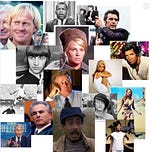










Share this post